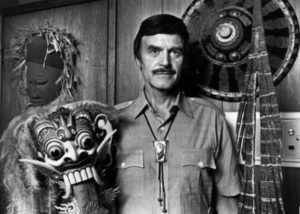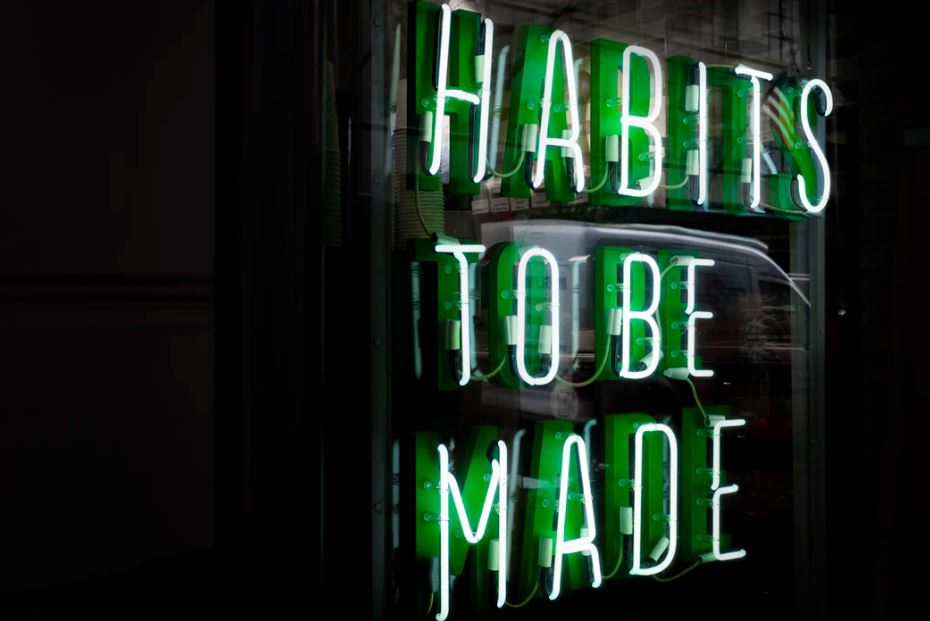As a leader, you need to understand how people change for 2 primary reasons:
- First—You must continue to grow yourself in order to lead. If others outpace you in growth, you won’t be the leader for long. You cannot separate growth and leadership.
- Second—You need to understand how people change to help others reach their potential.
Today’s BIG IDEA: “The foremost job of any leader is to ignite possibility in others.” –Benjamin Zander, Director of the Boston Philharmonic Orchestra
One way we make big changes in our lives is by dreaming big, then attaching goals to those dreams.
I was recently inspired by the story of the famous adventurer John Goddard. As a 15-year-old boy, Goddard wrote down 127 huge life goals.
Incredibly, he accomplished 108 of them by the time he died!
Here are just a few of the goals he completed:
- Circumnavigate the globe
- Kayak the entire Nile River
- Explore the entire Congo River
- Run a 5-minute mile
- Land and take off from an aircraft carrier
- Climb Mount Kilimanjaro
- Publish an article in National Geographic

He fell a few countries short of his goal to visit every country in the world. He also never accomplished his goal to visit the moon—but what is perhaps more amazing is that he set that goal in 1940, before anyone had ever done it.
Now that is bold dreaming.
Our goals shape who we are
If you don’t have goals, you aren’t a leader. It’s that simple.
Dreams and goals stretch us. They create tension. They help us get from where we are to where we want to be.
I love what executive coach Christian Simpson says about goals— “Reaching your goal is not nearly as important as the person you are required to become while trying to achieve it.”
Think about the kind of person John Goddard became while leading the first expedition to the Congo or making his way around the entire planet. Even the goals he failed at, stretched him enormously.
Probably the most well-known study on goals was done by psychologist Gail Matthews who studied participants over 4 weeks.
She found that those with a written goal, clear action steps, and accountability were 42% more likely to achieve their goals.
These are great odds when you consider the fact that 80% of people fail at their New Year’s resolutions by February (according to US News & World Report 2018).
Many people have never taken the time to think about what they really want in life. And if you don’t know what you want—and why—it’s very difficult to set meaningful goals.
If you want to change, you need bold, audacious goals. And you need to clearly understand the reason they are important to you.
Yes, you will fail at some of them. If you aren’t failing at all—your goals are way too small.
But you can be certain that you will never achieve the goals you don’t set.
Only by accepting some failures as part of the journey, will you ever achieve some of the things you never even dreamed were possible.
Besides, if your primary role as a leader is to ignite possibility in others, you must start with dreaming big yourself.
Turn information into action
- Take a few hours to start a life goal list! Check out John Goddard’s list here for inspiration and create different categories for your goals: https://www.johngoddard.info/life_list.htm
- Help your team members create big goals.
- Ask your spouse or children about their life goals this weekend.
- If you want a super simple process—Write your goals down, create some actions steps, review them regularly every week, and report your goals to a friend on a regular basis.
- Make sure your goals are specific, measurable, and have a date. Nearly everyone has heard of SMART goals (Specific, Measurable, Attainable, Relevant, and Time-bound). Specific and measurable goals are important because they tell us whether we have achieved what we set out to do. And having a deadline attached to goals is absolutely vital, otherwise they are just ideas that never get traction. Relevant means they are related to our life purpose and the vision we have. Life is way to short to take on goals that have nothing to do with our overall direction in life. But I no longer believe that all your goals should be “attainable.” I think people need a mixture of attainable goals along with massive goals that really stretch them and don’t even seem possible. I’m convinced that most of us are probably playing life way too small. Just look at John Goddard’s list—most of his goals were really crazy, but he achieved the majority of them!
Have a great weekend!
Parker
*If you have enjoyed Parker’s blog, check out The Next Peak Podcast that Parker co-hosts. We interview successful leaders and discuss research-based principles that help people win in the workplace without compromising the things that matter most—relationships, a life of purpose, and health.
Suggested resources
- John Goddard Life Goal List https://www.johngoddard.info/life_list.htm
- The Circle Maker—Mark Batterson
- Living Forward-Harkavy and Hyatt





Thanks for this one. Very encouraging and practical.